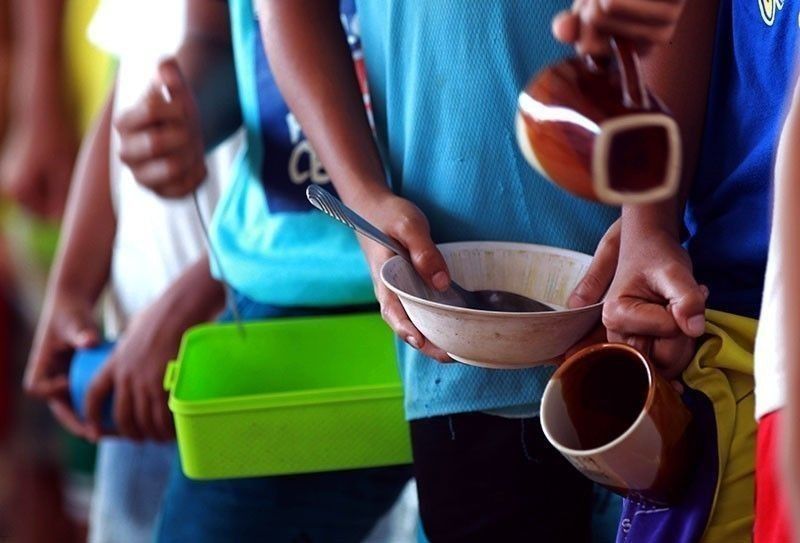SWS: Hunger among Filipino families at highest since 2012

CEBU, Philippines — Some 7.6 million Filipino families experienced hunger at least once in the past three months, the highest since 2012, as the country continues to battle the coronavirus disease (COVID-19) pandemic, a survey of the Social Weather Stations suggests.
The survey, conducted from September 17 to 20, showed that 30.7% experienced hunger due to lack of food to eat amid the ongoing health crisis, higher than the 20.9% recorded in July.
The latest figure was the highest recorded since March 2012 when 23.8% of the respondents reported experiencing hunger.
“The hunger trend has been rising since May 2020, upsetting a previous favorable trend when hunger steadily declined from 23.8% in March 2012 to 8.8% in December 2019,” SWS said.
Broken down, the number of Filipino households who dealt with moderate hunger soared to 22%—or around 5.5 million families—from 15.8% in July. Meanwhile, those who experienced severe hunger rose to 8.7%—or around 2.2 million families—from 5.1% in July.
Moderate hunger refers to those who experienced hunger “only once” or a “few times,” while severe hunger refers to those who experienced it “often or always.”
The SWS poll found that hunger was highest in Visayas at 40.7% (1.3 million families). It was followed by Mindanao at 37.5% (2.1 million families), outbreak epicenter Metro Manila at 28.2% (941,000 families) and Balance Luzon at 23.8% (2.6 million families).
The survey also showed that incidence of hunger among households of non-elementary graduate respondents increased to 47.7% from 35.6%. It was followed by families of elementary graduate respondents at 35.9%, families of junior high school graduate respondents at 30.9% and households of college graduate respondents at 15.8%.
A total of 1,249 adult Filipinos were surveyed using mobile phone and computer-assisted telephone interviews.
The study had margin of error of ±2% for national percentage, ±6% for Metro Manila, ±5% for Balance Luzon, ±6% for the Visayas, and ±6% for Mindanao).
A separate SWS survey found that 57% of adult Filipinos fearing the worst of the COVID-19 crisis is yet to come.
The new coronavirus has so far infected over 304,000 people in the Philippines nearly eight months since a COVID-19 case was first recorded. Of the figure, 252,510 have recovered, while 5,344 have died. — Philippine Star News Service, FPL (FREEMAN)
- Latest
















